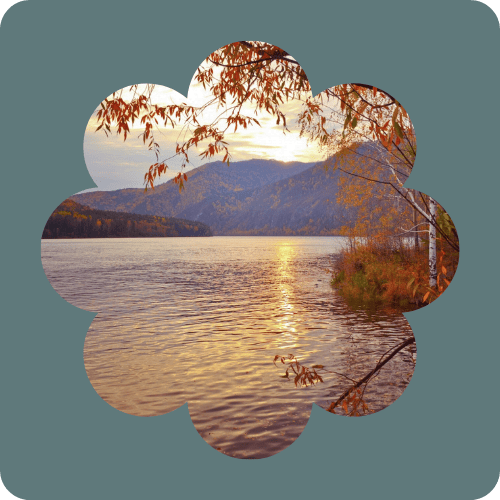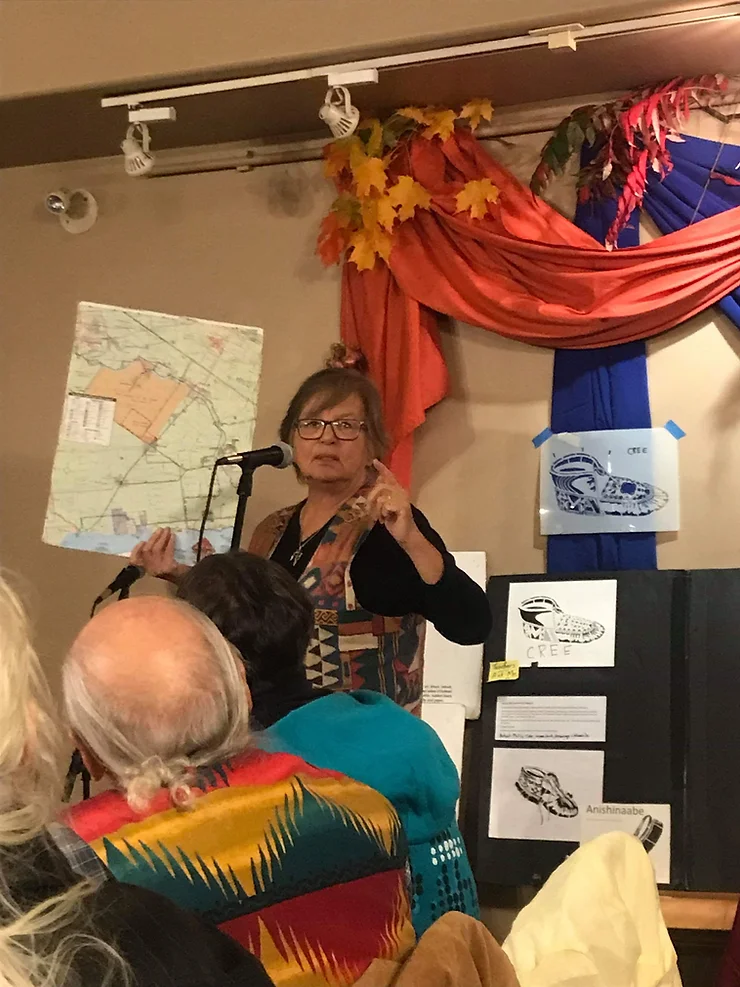Indigenous Voices Should Be At The Forefront Of Climate Change Discussions
Author
Anna Huschka
My name is Anna (she/her), and I am a white settler located on the lands of the Williams Treaty First Nations – the Alderville First Nations, Beausoleil First Nation, Chippewas of Georgina Island, Chippewas of Rama, Curve Lake First Nation, Hiawatha First Nation, and Mississaugas of Scugog Island. I do not intend to speak on behalf of any communities I am not a part of. I hope to leverage my position of privilege as a cisgender white woman to amplify the efforts and voices of those doing so much work towards climate justice in their communities across the country. I want to be a part of challenging the Euro-settler-centric and Western values that currently shape climate policies, to counteract colonial and systemic barriers, ensuring that the concerns, exposures, and knowledges of diverse communities are adequately incorporated into environmental policies and projects. As a part of the Shake Up Your Community project, I hope to help support climate work at all scales and showcase the community-based efforts that have developed out of necessity of addressing the issues of climate justice. As a biology major and politics minor, my passion for environmental politics developed from a sense of urgency and anger about the lack of action by decision-makers to adequately address the climate crisis. I aim to hold decision-makers accountable to climate commitments as well as diversify what is currently Canada’s political climate by identifying gaps in policies and projects by responding to calls for public feedback. Through the Righting History Project, particularly Practicing Rest, Recovery, Resistance: An Interactive Dreaming Journal, I hope to help youth see that their existence, and any contributions they make to the climate movement as a whole, regardless the scale, are beautiful acts of resistance to our colonial, capitalistic society.

The IPCC, which is a sub-group of the United Nations specifically assigned to bring together expert researchers and scientists from around the world to document various reports on climate change, warned in its landmark report that an inability to limit global warming to 1.5 degrees Celsius will ultimately result in devastating risks of severe adverse effects such as drought, famine, floods and poverty, by as early as 2020 (1). With the average temperatures in Canada increasing at a rate that is twice that of the global average, it is pivotal that Canada take serious action on addressing the climate change crisis (2).
- 1) Allow peer-to peer-connections to form by hosting gatherings to share best sustainable practices (8).
- Gather a number of resources and tools that will educate and train Indigenous communities in various climate action strategies, along with alternative climate action solutions that are formulated to coincide with Indigenous worldview and rights frameworks (8).
- Create discourse on Indigenous rights and climate change through blogs, social media and seminars (8).
- Connect communities that are currently working to uphold Indigenous rights while addressing climate change (8).
If you are looking to become more involved with this topic please contact Indigenous Climate Action via email; [email protected].




